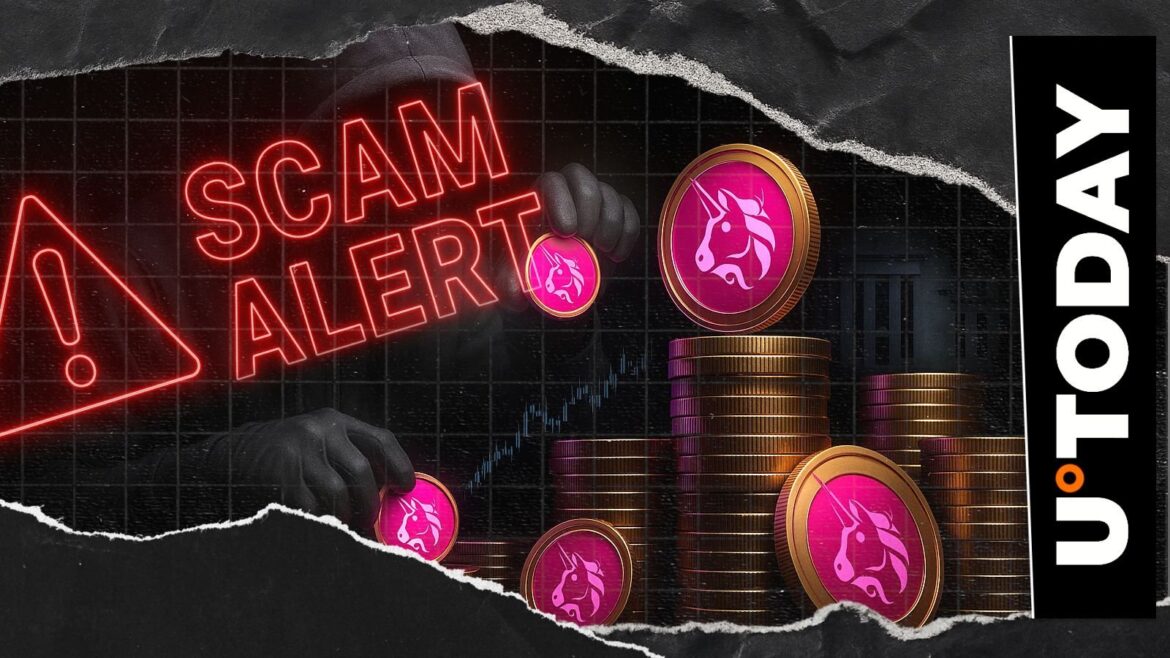Trusted Editorial content, reviewed by leading industry experts and seasoned editors. Ad Disclosure
South Korean actress Hwang Jung-eum was handed a suspended prison term on Thursday after a court found she took company money and used most of it to buy cryptocurrency. According to the Jeju District Court, the total amount involved was about ₩4.34 billion — roughly $3.1 million — and the case has stirred sharp public reaction and industry fallout.
Court Hands Suspended Sentence
Based on reports, the court sentenced Hwang to two years in prison, but the sentence was suspended for four years, meaning she will not go to jail unless she breaks the terms of probation.
Prosecutors had asked for a three-year prison term. The court applied the Act on the Aggravated Punishment of Specific Economic Crimes in reaching its verdict.
Judges said factors such as full repayment and Hwang’s lack of a prior criminal record weighed in favor of leniency.
The Charges And How The Crypto Moved
Reports have disclosed that the alleged embezzlement took place across 13 separate transactions in 2022. About ₩4.2 billion of the money was used to buy crypto, while smaller sums covered property taxes and local levies through credit card payments.
According to charging documents, the withdrawals were recorded as provisional payments or advances and were later routed from the agency’s accounts into accounts controlled by Hwang.
Total crypto market cap currently at $3.69 trillion. Chart: TradingView
Crypto: Repayments And Admissions
Before the verdict, Hwang repaid the full amount, according to media reports and statements from her agency. Two large repayments were made on May 30, 2024 and June 5, 2024, reportedly funded by selling personal assets.
Hwang publicly apologized in court and in statements, calling the moves a misjudgment and accepting responsibility for her actions. Her agency has said that, as of mid-June 2025, all financial obligations between the actress and the company were settled.
Industry Response And Repercussions
Broadcasters reacted quickly. Based on reports, some networks edited Hwang out of programs, and a number of brand deals were paused or canceled.
The damage is both legal and reputational. While the court noted that the agency operated as a one-person company and that outside victims were limited, advertisers and networks tend to move fast when a high-profile legal case emerges.
Broader Questions About Celebrity Finances
Legal observers say the case highlights growing scrutiny of how entertainers handle company funds and crypto investments. South Korea has been tightening rules and oversight around virtual assets, and this verdict could signal stricter enforcement in the future.
Featured image from Unsplash, chart from TradingView
Editorial Process for bitcoinist is centered on delivering thoroughly researched, accurate, and unbiased content. We uphold strict sourcing standards, and each page undergoes diligent review by our team of top technology experts and seasoned editors. This process ensures the integrity, relevance, and value of our content for our readers.









